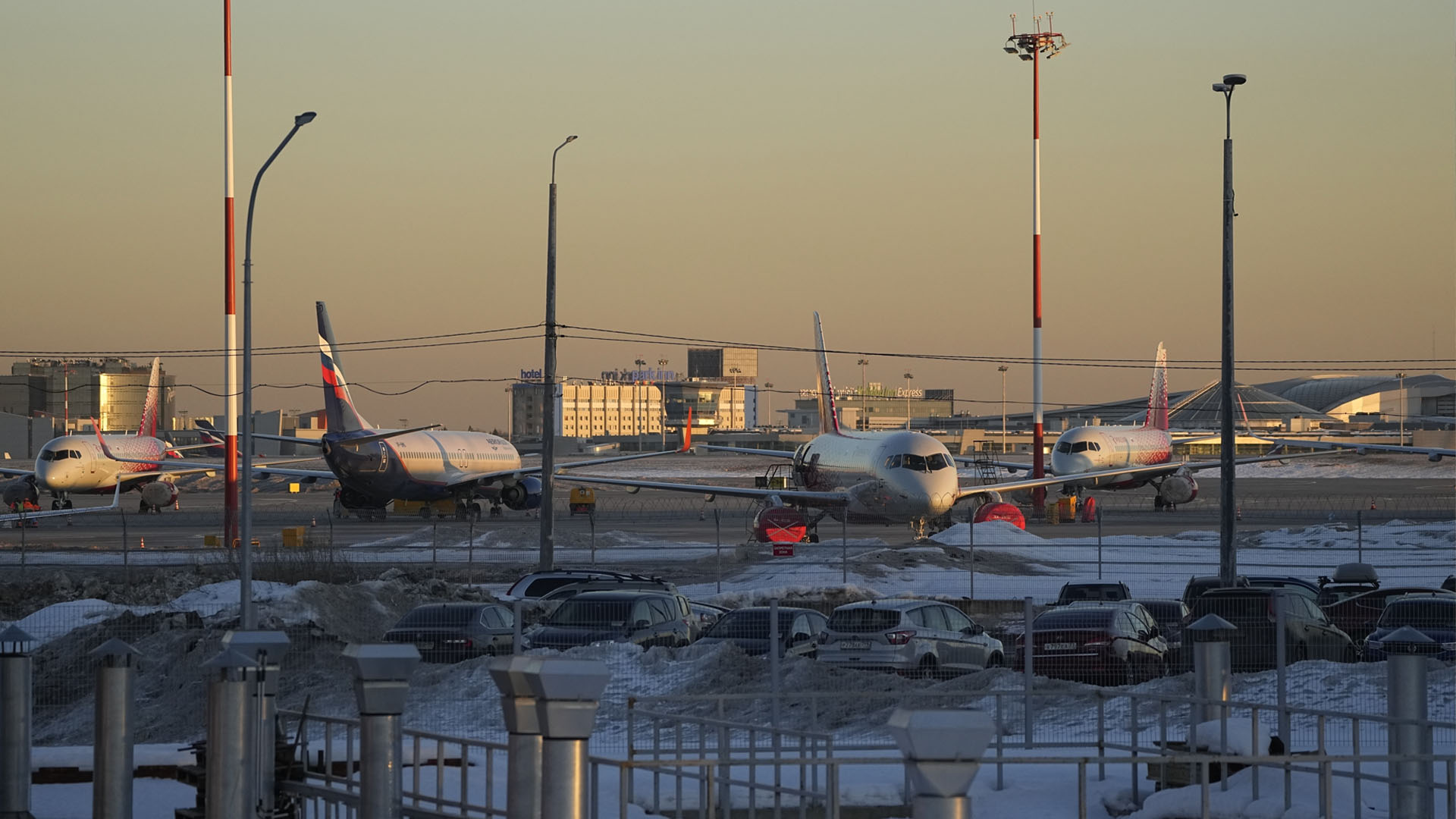

Russia’s FAA equivalent—the Federal Air Transport Agency, a.k.a “Rosaviatsiya”—suffered an alleged cyber attack early this week which reportedly caused the “collapse of its entire network.” As Cybernews reports, the attack downed the agency’s website and deleted 65 terabytes of stored information, including various documents, emails, and other files containing aircraft registration data. Rosaviatsiya reportedly had no accessible backups of any of this information, and as a result, it was forced to revert to paper bookkeeping.
The head of the agency, Alexander Neradko, said in a statement, “Due to the temporary lack of access to the Internet and a malfunction in the electronic document management system of the Federal Air Transport Agency, the Federal Air Transport Agency is switching to a paper version.” It’s unclear at this time who was responsible for the attack. The Aviation Herald speculated it may have been the loose association of hackers known as Anonymous; however, due to the nature of that organization, it’s not easy to verify that claim. Rosaviatsiya has blamed its IT support provider known as “InfAvia” for the alleged breach in security.

Cybernews speculates that at this point, it’s very likely Rosaviatsiya has “presumably regained its access to [its] email service,” although the exact status of the agency’s digital infrastructure is unclear. The Russian state intelligence service, the FSB, is reportedly active in resolving the situation.
Currently, there have been no claims or accusations that the Ukrainian government is responsible for the loss of data. That being said, Russia has lately been wreaking what can only be described as short-sighted havoc upon many civil aviation businesses and organizations worldwide. It has, for instance, seized over $10 billion worth of commercial jets that Russian airlines leased from Western companies. As of March 28, more than half of these jets were re-registered and are being used on domestic routes. Airbus and Boeing are no longer servicing or selling parts to Russian airlines, though. As a result, many may not be airworthy in the near term.
The bottom line is that the Russian civil aviation industry is suffering, both from this attack and from sanctions placed upon it worldwide. Russian airlines cannot fly to the EU, nor are they permitted to fly into American airspace. Indeed, this latest massive data loss is just one instance of a pattern of needless harm to a variety of institutions worldwide as a result of Putin’s invasion of Ukraine. It, of course, pales in comparison to the human cost of the conflict.
Got a tip or question for the author? You can reach them here: peter@thedrive.com